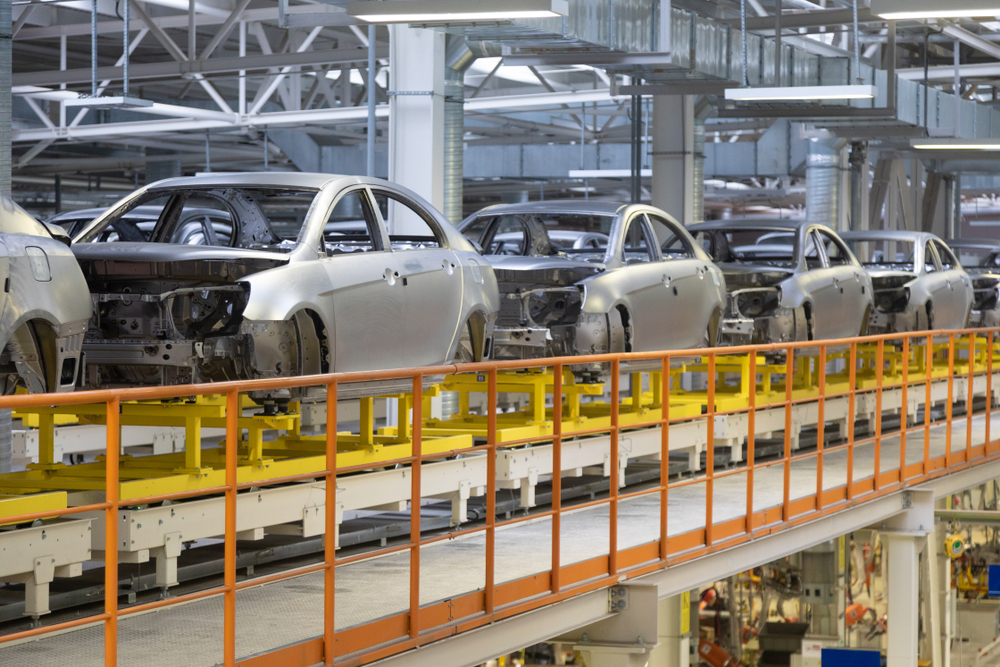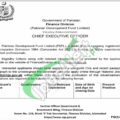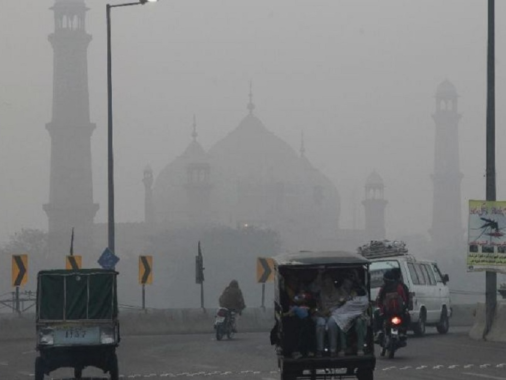During 2023, the automotive industry in Pakistan experienced a turbulent period due to economic and political disruptions. Rising inflation led to decreased consumer demand, impacting car prices and causing instability in the industry.
Furthermore, a reduction in the import of parts and accessories created supply chain challenges, demonstrating the interconnectedness of the auto sector with the overall economic well-being of the country.
Strength and Recovery
Despite the obstacles, Pakistan’s automotive industry remains strong and poised for recovery in 2024. The industry’s potential is evident in an estimated additional demand of 350,000 units every five years, driven by the country’s growing youthful population.
The introduction of the locally-manufactured Toyota Corolla Cross Hybrid Electric Vehicle by the Indus Motor Company (IMC), which sources over 50% of automotive parts locally, showcases the industry’s adaptability.
Analysts anticipate positive developments in 2024, with potential government negotiations with the International Monetary Fund (IMF), easing of imports, and new incentives for auto manufacturers under the new government.
Although 2023 saw a sharp decline in sales, experts express optimism, predicting improved economic confidence post-elections leading to a recovery in both demand and supply.
Looking Forward to a Promising 2024
Looking ahead, the industry envisions a positive trajectory as it embraces technological advancements, focusing on elements such as comfort, safety, and quality.
As the political landscape stabilizes and potential interest rate reductions loom on the horizon, along with targeted economic revival measures, the auto market in Pakistan is poised for growth.
Sustained growth depends on comprehensive policies, both domestically and internationally. Industry leaders advocate for a ten-year plan activating the Pakistan Standards and Quality Control Authority (PSQA), reducing taxes, and fostering small and medium-sized enterprises (SMEs). This strategic approach aims to ensure the livelihoods of over 3.5 million families who depend on the auto industry.
While 2023 presented significant challenges, the auto sector in Pakistan stands at a crucial junction. As the industry adapts to new technologies and envisions a future beyond traditional fuel sources, the collective efforts of policymakers, industry players, and consumers are crucial for steering the auto sector towards a positive and sustainable future in 2024 and beyond.






